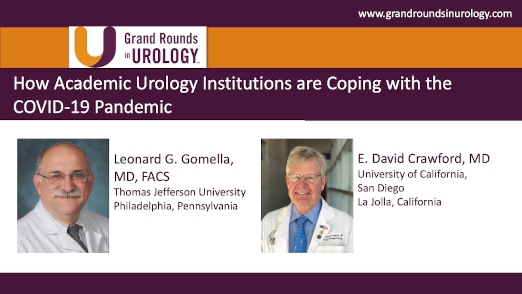Next Generation DNA Sequencing for Genitourinary Implants
Paul H. Chung, MD, Assistant Professor and Director of the Division of Reconstructive Urology at the Sidney Kimmel Medical College of Thomas Jefferson University, discusses infection of genitourinary implants and how next-generation sequencing can be used to manage device infection. Presenting his results from a recently published article with the Canadian Journal of Urology, he outlines the methods, outcomes, and recommendations for clinicians, specifically those removing malfunctioning or infected penile prostheses and artificial sphincters. Dr. Chung highlights the benefits of polymerase chain reaction (PCR) and next-generation sequencing (NGS) including faster processing time, greater sensitivity, and the ability to run both fungal and bacterial analysis in the same setting. Additionally, NGS is useful in the selection of perioperative antibiotics and irrigation solutions, as well as determining how to coat devices during implant surgery. Following the presentation, Grand Rounds in Urology editor J. Curtis Nickel, MD, FRCSC interviews Dr. Chung to further discuss the clinical implications of his research. In the conversation, they compare biofilm collection techniques, noting that PCR and NGS are most helpful in a clinical setting, whereas extended culture is useful in a research setting.
Read More




